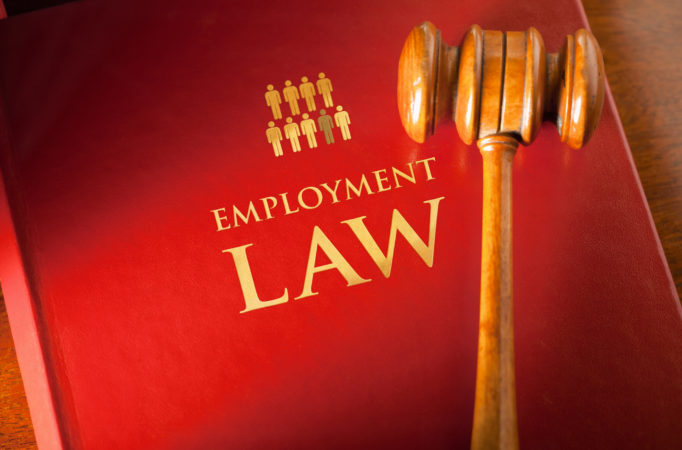Employment & Labor Law
Executive Action Amends HIPAA: Allows More Reporting to Criminal Background Check System
The Health Insurance Portability and Accountability Act (HIPAA) was amended by the Department of Health and Human Services, on January 6th, when it published a final rule that implements a portion of President Obama’s executive actions centered on gun purchases.The rule gives certain Covered Entities the ability to report to the National Instant Criminal Background Check System (NICS) the names of those who, for mental health reasons, should not be permitted to purchase a gun.
The NICS is a federal database operated by the Federal Bureau of Investigation. The purpose of the database is to track individuals who may not possess or purchase a gun in accordance with federal law. The NICS includes “mental health prohibitors,” defined as individuals who have been:
- Involuntarily committed to a mental institution for reasons such as mental illness or drug use;
- Found incompetent to stand trial; or
- Determined by a court or lawful authority to be a danger to themselves or others as a result of mental illness.
The Final Rule expands HIPAA’s “specialized government functions” exception to permit some, but not all, Covered Entities to disclose certain demographic information to NICS without the patient’s authorization.
The Final Rule only applies to those Covered Entities that are either:
- Authorized to make mental health adjudications or order involuntary commitments; or
- Specifically designated by the state to act as a repository to collect information on mental health prohibitors.
The types of demographics that may be disclosed to the NICS are limited to the following:
- Name
- Date of birth
- Gender
- The code indicating the element which qualifies the individual as a mental health prohibitor
- The submitting entity
- The agency record supporting the prohibition
No other information is to be disclosed to the NICS. The Final Rule explicitly prohibits the disclosure of the patient’s diagnosis, treatment history, or any other clinical information.
The Final Rule will become effective on February 5, 2016. All Covered Entities that are permitted to make disclosures under the Final Rule will need to update their HIPAA policies and procedures as soon as possible and ensure that employees receive training in these new policies and procedures.
If you have any questions or concerns regarding this HIPAA amendment, please contact any of Houston Harbaugh’s healthcare attorneys.
About Us
Claims and suits brought against employers by employees are a large part of the cases being handled by the Employment lawyers at Houston Harbaugh. We focus on assisting and counseling our clients to be positioned to avoid claims, and if the claims are brought, to be prepared to defend against them.

Craig M. Brooks - Practice Chair
An employment and labor attorney, Craig primarily represents management, providing advice on how to handle employee issues and actions, as well as defending or pursuing claims in court and before government agencies on matters.
An employment and labor attorney, Craig primarily represents management, providing advice on how to handle employee issues and actions, as well as defending or pursuing claims in court and before government agencies on matters including:
- Employment discrimination claims
- Wage and hour matters
- Sexual and other harassment investigations and claims
- Family and Medical Leave Act
- Wrongful discharge
- Labor/Union matters
- Restrictive covenants
- Affirmative action programs
- Defamation
- Privacy
Craig also represents individuals with advice and pursuing claims arising out of their employment.

